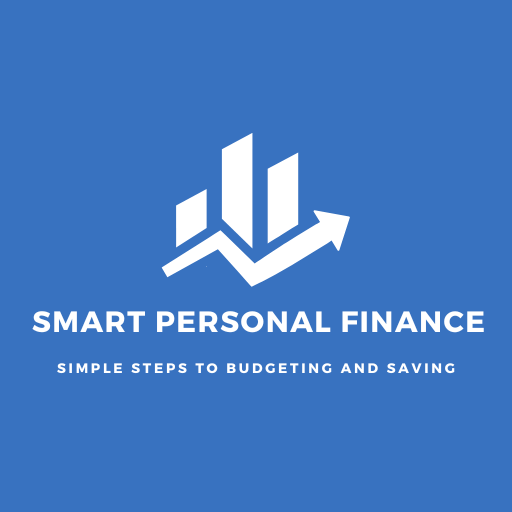Managing personal finances is an essential skill in today’s complex financial landscape, and one powerful tool to gain control over your money is zero-based budgeting. This budgeting approach offers a fresh perspective on money management, ensuring that every dollar you earn is put to work. This method can help you make conscious choices about your spending and saving, allowing you to achieve your financial goals and gain financial freedom.
So, what exactly is a zero-based budget? Simply put, it’s a budgeting method where your income minus your expenses equals zero. Unlike traditional budgeting, which often focuses on historical spending, zero-based budgeting requires allocating every dollar of income to a specific purpose, whether it’s towards essential expenses, savings, or even fun money.
**The Process:**
Creating a zero-based budget involves several steps. First, you need to determine your monthly income after taxes. This is the money you have at your disposal to allocate. Next, list all your expenses, including fixed expenses like rent, utilities, and insurance, and variable expenses such as groceries, entertainment, and personal care. Be meticulous and ensure you account for every expenditure.
Now, the key to zero-based budgeting is allocating your income to these expense categories, ensuring the difference between income and expenses is zero. This might mean making some adjustments to your spending habits. If your expenses exceed your income, you’ll need to decide where to cut back or find ways to increase your income. If you have money left, allocate it to savings or additional debt payments.
**Benefits and Challenges:**
One of the significant advantages of zero-based budgeting is its flexibility. It encourages you to be intentional about your spending, considering your needs, wants, and financial goals. This approach can help you reduce unnecessary spending and free up money for savings or debt repayment.
However, the process can be time-consuming, particularly in the beginning. You’ll need to track every purchase and expense, which may feel restrictive. Yet, over time, this discipline can lead to better financial awareness and decision-making.
**Tips for Success:**
To make zero-based budgeting work for you, consider using budgeting apps or spreadsheets to simplify the process. Automate your payments and savings transfers to align with your budget. Review your budget regularly, especially if your income or expenses change, and adjust as necessary.
Finally, remember that budgeting is a personal journey. What works for someone else might not work for you, so tailor your zero-based budget to fit your lifestyle and financial aspirations.
Adopting a zero-based budget can be a powerful first step toward taking control of your financial life, ensuring that your money is working hard for your present and future needs.


